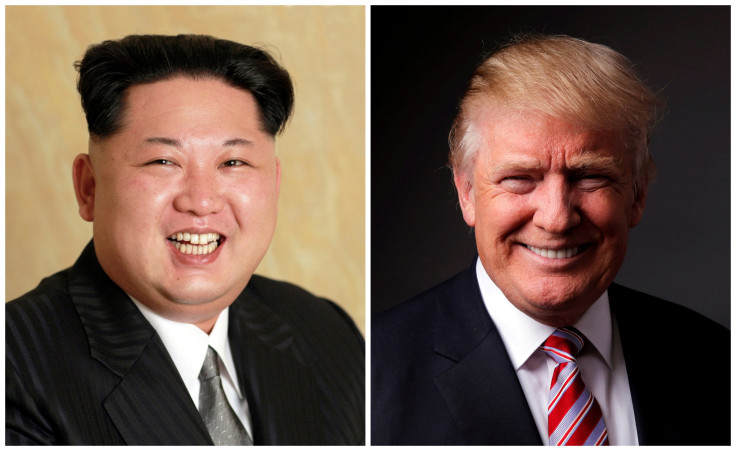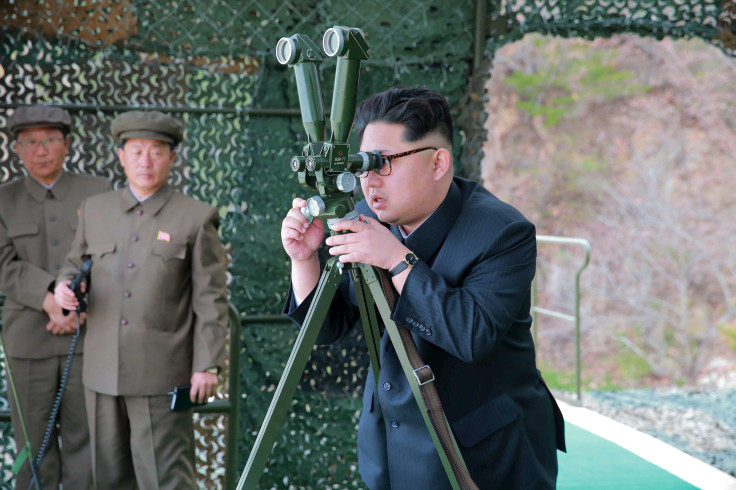Next World War? Trump Wants To Destroy North Korea Missile Threat With China And Japan's Help

President Donald Trump used the 11th week of his presidency to address North Korea's recent ballistic missile launches and long-range rocket tests — potentially existential threats that could result in the oppressive regime eventually developing nuclear missiles capable of striking American, Japanese and South Korean targets.
Trump was scheduled to host Chinese President Xi Jinping at his southern Mar-a-Lago property in West Palm, Florida, on Thursday. The high-stakes meeting was reportedly set to include negotiations on how the world superpowers could come together to properly address the Korean peninsula conflict.
Read: Is Privacy Real? The CIA Is Jeopardizing America's Digital Security, Experts Warn
The meeting followed a 35-minute phone conversation Trump had this week with Japanese Prime Minister Shinzo Abe on North Korea, in which the two agreed to face the regime's "very dangerous provocative action" of launching multiple missiles into the Sea of Japan since Trump took office in January.

"We had an exchange of in-depth views," Abe told journalists following the two leaders’ conversation, the Japan Times reported Thursday. "Tomorrow, the U.S.-China summit meeting will be held in a situation like this. I told (the president) that Japan is closely watching how China will deal with issues involving North Korea."
Trump, who's been particularly interested in limiting China’s trade with the north, could possibly make a deal with Xi on Thursday, restricting the nation’s current policies in exchange for U.S. officials participating in direct talks with North Korean Supreme Leader Kim Jong Un — a measure former President Barack Obama’s administration refused to enact.
It remained unclear as of Thursday morning what retaliatory action the U.S. was prepared to take against North Korea, though it appeared a military response wouldn’t be unrealistic under the Trump administration. "President Trump then said all options are on the table, which is a very strong statement," Abe said Thursday.
Meanwhile, Secretary of State Rex Tillerson seemingly concluded the state department no longer needed to publicly address the north following its missile test Wednesday, saying in a statement: "North Korea launched yet another intermediate range ballistic missile. The United States has spoken enough about North Korea. We have no further comment."
© Copyright IBTimes 2024. All rights reserved.












